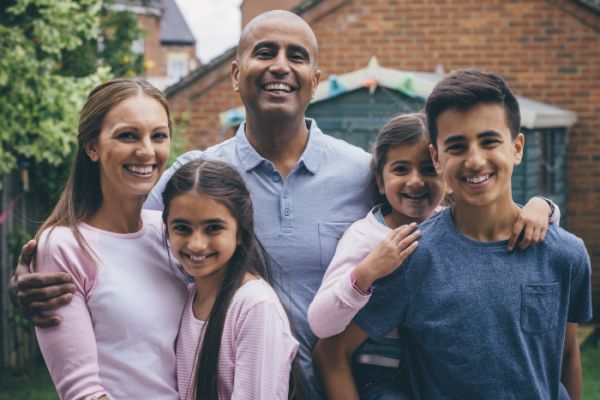Sleep problems, particularly insomnia, often take a silent toll on people's lives, affecting their mental health and their physical and emotional well-being. It is disheartening to know that many individuals struggle in silence, with poor quality of life often the result, unable to find the specialised help they need.
My own journey into psychotherapy began after recovering from insomnia with the help of Cognitive Behavioural Therapy for insomnia (CBT-i). It took years of struggling with lack of sleep before I was directed to a mental health professional who was able to help. I decided that I wanted to be part of making relief for sleep issues more accessible.
CBT-i is a specialised form of psychotherapy tailored to treat insomnia. It has been proven effective in addressing sleep difficulties and has gained recognition as the first-line of treatment. However, finding professionals who are well-versed in CBT-i can be challenging, leading to a lack of appropriate treatment and many people left struggling with poor quality of life.
CBT-i is an evidence-based treatment that provides a structured framework for addressing sleep difficulties. It involves techniques such as sleep restriction, stimulus control, and cognitive restructuring to change maladaptive thought patterns related to sleep. CBT-i equips clients with the practical tools they need to improve their sleep habits, establish healthy sleep patterns, and reduce the immediate distress caused by insomnia. It is not an easy task and needs to be strictly adhered to for it to succeed, preferably with ongoing professional support while clients find their new sleeping patterns.
While CBT-i is a powerful tool, it is essential to recognise that insomnia is often a symptom of deeper emotional and psychological struggles, such as anxiety, depression, or unresolved trauma. Weekly therapy sessions offer a safe space for clients to explore and address these underlying issues, offering a greater chance for positive long-term outcomes.
My passion for helping individuals overcome their sleep difficulties, together with my research and experience, led me to forge an integrative approach that combines CBT-i with weekly therapy sessions. This approach is holistic and informed by the clients' needs as measured on a sliding scale of sleep severity, allowing me to address not only the surface-level symptoms of insomnia but also the underlying psychological and emotional factors that often contribute to sleep problems, particularly anxiety, resulting in long-lasting outcomes.
As we navigate the complex landscape of sleep challenges, it is essential to recognise that insomnia rarely travels alone. It often coexists with other mental health conditions, forming a web of interconnected concerns that can be challenging to untangle. By working integratively, we address not just the symptoms but the full spectrum of issues our clients face.
As mental health professionals, we have a collective responsibility to bridge the gaps in our understanding of sleep disorders, become aware of their commonality and comorbidities. By doing so, we can offer comprehensive support. Together, let's illuminate the path towards a future where restful sleep is no longer a luxury but a reality for all.
Read more...

Children, young people and families
Promoting the importance of early intervention and access to timely psychological therapies for children, young people and families is a priority for BACP.

BACP Children, Young People and Families division
BACP CYPF is for practitioners and other professionals interested in counselling and psychotherapy for children and young people.

Blogs and vlogs 2023
News and views from members, staff and clients
